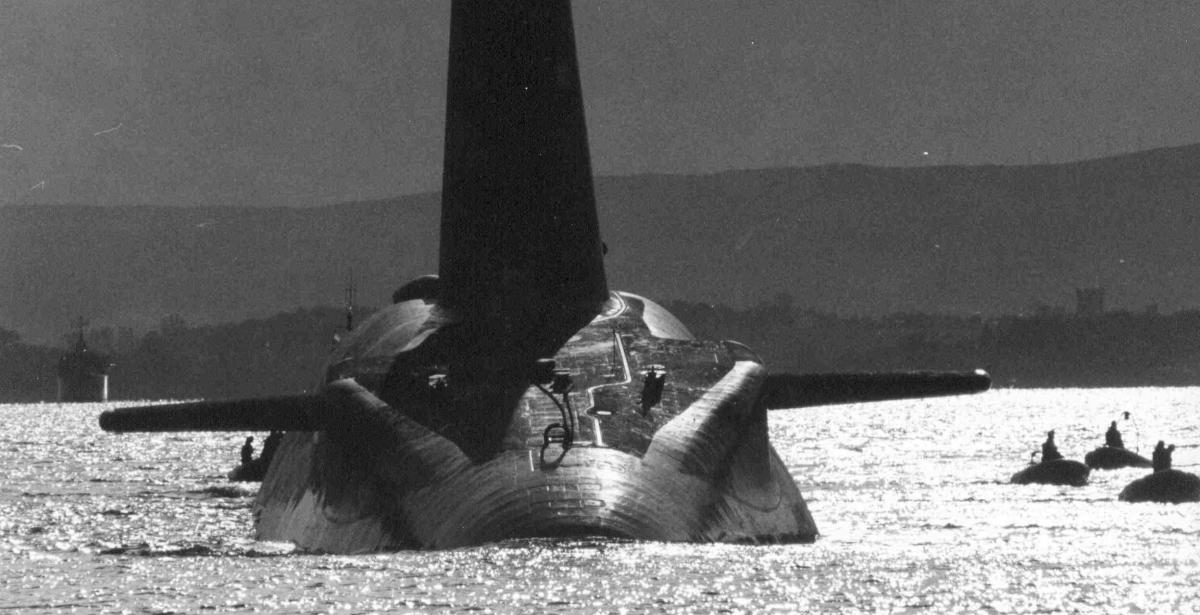Former naval commanders question cost of nukes during pandemic

Former naval commanders question cost of nukes during pandemic
Three former commanders of nuclear armed vessels in the Royal Navy have questioned the multi-billion pound cost of nuclear submarines during the coronavirus pandemic.
In a letter sent to all Members of Parliament, they wrote that, "The increasing cost of coronavirus will require decades to recover. Meanwhile, the UK’s Trident nuclear weapon system remains on Continuous At Sea Deterrent patrol costing some £2 billion a year.”
The letter, sent along with the Bertrand Russell Peace Foundation, is the latest intervention in a debate about the real meaning of "security" and about military expenditure during the coronavirus crisis.
The Campaign for Nuclear Disarmament (CND) has already pointed out the waste of billions of pounds on Trident, when it cannot make anyone safer in a pandemic. The Peace Pledge Union (PPU) has welcomed CND's comments but gone further, calling for the military budget as a whole to be reallocated to tackling real threats such as Covid 19.
Now it seems that former armed forces leaders share at least some of these views.
Signatories to the latest letter include Robert Forsyth, who commanded Polaris nuclear submarines; Colin Tabeart, a former Senior Engineer Officer on a Polaris sumbarine; and Robert Green, who worked on nuclear-armed aircraft and was a staff officer in the Falklands War. All three bore the rank of Commander (equivalent to a Lieutenant-Colonel in the army).
The letter has also been signed by the Scottish National Party's Ian Blackford, several academics and veteran peace campaigner Angie Zelter, representing the Public Interest Case Against Trident.
They point out that two of the four Trident submarines have been unavailable for over a year while under repair, meaning that crews on the other submarines have had to spend longer than usual at sea, often four months a time.
The signatories suggest that the crew's morale is likely to be low when they are worried about coronavirus and about loved ones left at home during the pandemic.
They conclude by asking rhetorically, “In these circumstances, and lacking any foreseeable threat of a ‘bolt from the blue’ nuclear weapon attack on the UK, is it appropriate for the government to continue spending billions of pounds on Continuous At-Sea Deterrent, as well as building new nuclear warheads and the submarines to carry them?”
The letter was welcomed by the Peace Pledge Union, who said that there was a growing understanding that “defence” spending does not defend us from the greatest threats to our security, including epidemics, pandemics and the effects of climate change.
The PPU has already pointed out that successive security reviews by UK governments have identified possible pandemics as a likely threat, but that governments have nonetheless put “defence” budgets into armed force that does not make us any safer.
The UK government maintains the seventh highest military spending in the world.




